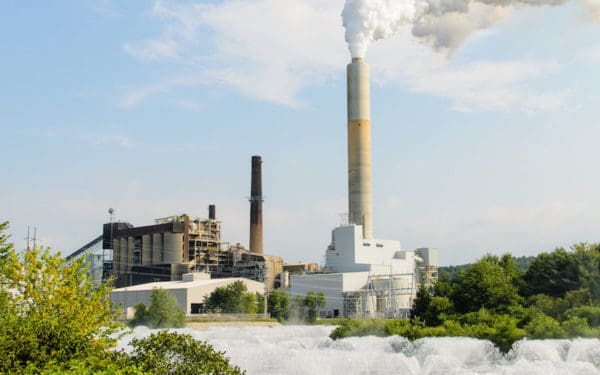CT is falling behind on climate
Connecticut is not on track to meet its climate goals. Even worse, the state has pursued an accounting gimmick to cover up its lack of real progress.
Connecticut is not on track to meet its climate goals. Even worse, the state has pursued an accounting gimmick to cover up its lack of real progress.
When temperatures climb, this climate-friendly technology can help keep you cool, too
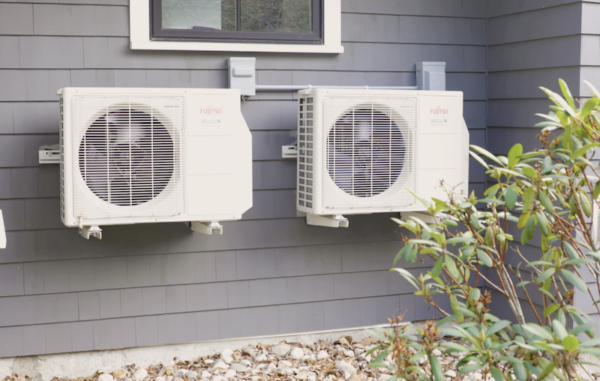
“Fossil fuels are driving the climate crisis and its impacts in our communities,” said Caitlin Peale Sloan, Vice President of CLF Massachusetts. “Couple that with the dire shortage of affordable housing for those who need it most, and this green bank is filling a huge need here in Massachusetts. Polluting emissions from buildings are a scourge on our health and the planet, and this fund will go a long way towards ending our addiction to fossil fuels.”
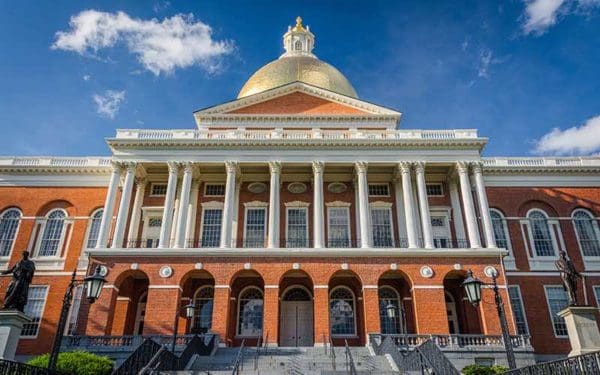
The debt ceiling bill included measures to speed up permitting of energy infrastructure. Here’s why they could actually make things worse.

These proposed standards can reduce carbon pollution, but need to be more stringent to work.

Wildfires in Canada are creating a smoky haze around New England as a signal of the costs of climate change.
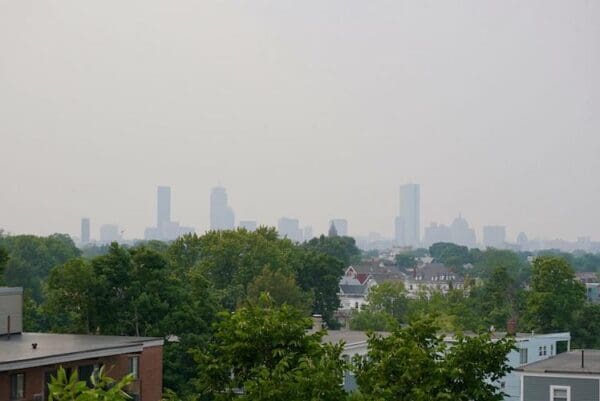
The cars, buses, and trucks we drive are the largest source of climate damaging emissions in the region. We need bold standards to slash this pollution and slow climate change.
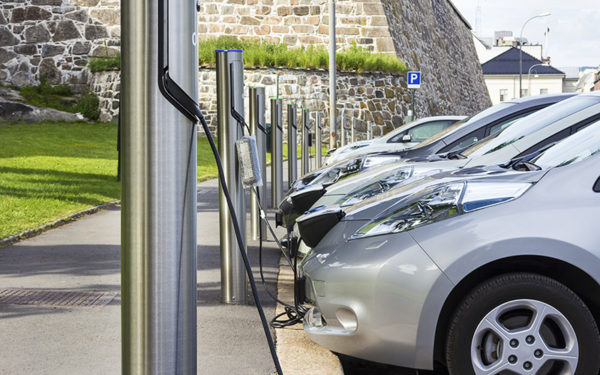
With your help, Vermont’s Legislature overrode Governor Scott’s veto to sign this critical bill into law.

“Vermonters are facing a climate emergency and a heating crisis, and the status quo isn’t working for anyone,” said Elena Mihaly, Vice President and Director of Conservation Law Foundation Vermont. “Governor Scott’s attempts to kill this legislation threatened to continue an irresponsible business-as-usual approach that would have left Vermonters overly reliant on polluting, expensive fossil fuels. The Legislature’s decisive override sends a clear message, and we don’t have a moment to waste implementing this new law.”
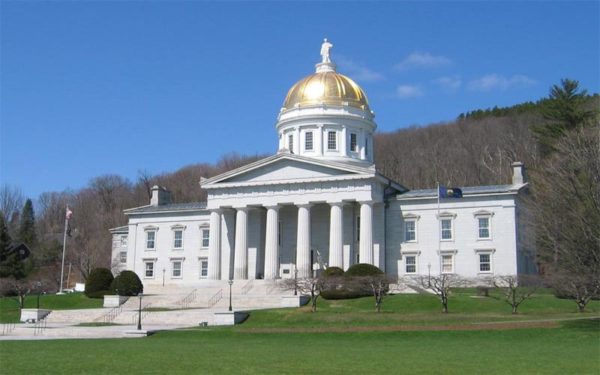
“Communities across New England have been living in the shadow of polluting fossil fuel plants for decades,” said CLF President Brad Campbell. “Slashing emissions from these power plants is an essential step to meeting our climate goals and cleaning up the air in these communities. We can’t afford to allow this damaging pollution to continue, and EPA’s approach proposes to drive down those emissions over time and will increase opportunities for proven technologies like solar and wind.”
